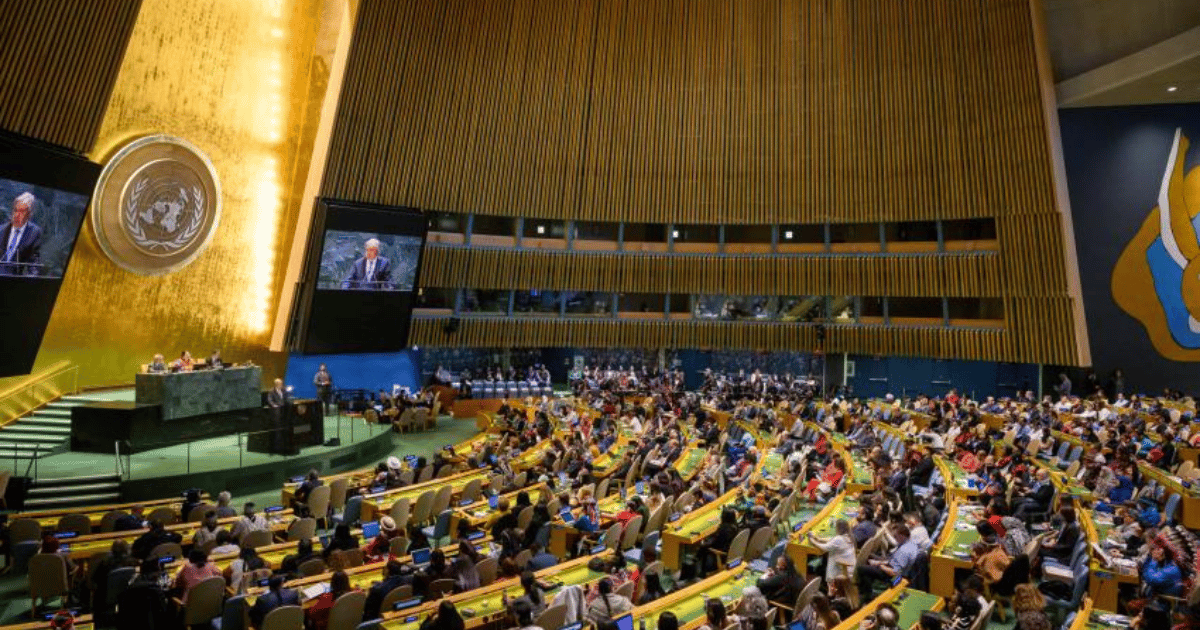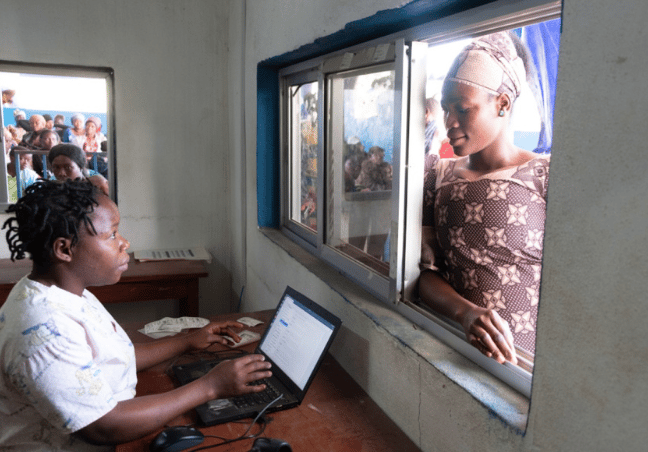Dear subscriber, this is a prototype. Please help us with feedback and tips. Just press reply.
The Africa Centre for Disease Control (Africa CDC) is rolling out $3.2 billion in financing to boost African pharmaceutical and vaccine production. The plan is designed to tackle the continent’s heavy reliance on imports, which is currently at 99%. The new funding will support local manufacturers who can meet international quality standards.
Afreximbank has pledged $2 billion in financing, while Gavi’s African Vaccine Manufacturing Accelerator (AVMA) will provide $1.2 billion in grants to support the project. To qualify, companies must secure World Health Organization pre-qualification.
Local pharmaceutical manufacturing strengthens climate health by securing medicine supplies during climate-driven disruptions, cutting import emissions, and building resilient health systems to address rising heat, disease and food insecurity risks.
Our take: Local pharmaceutical manufacturing in Africa is a climate resilience strategy…Read more (2 min)
Paper records still dominate many clinics in Africa. This situation has at times created challenges in patient care like inaccurate diagnoses. In a guest article, Mike Adeyemi Lawal of Médecins Sans Frontières argues that electronic health records (EHRs) hold the key to accountable and climate-smart healthcare systems across the continent.
“EHRs create a comprehensive record that links vital signs, lab results, medication history, and counselling notes for a patient across multiple visits.” says Mr Lawal.
Electronic health records also make it easier to detect and monitor spikes in diseases linked to climate and connect them to environmental data.
Read the full opinion here…Read more (2 min)
African countries remain uncertain about the future of global health aid following the US government’s new global health plan. Instead of sending aid through big international programmes, the “America First” strategy will directly deal with each government and establish specific targets and timelines for implementation of projects.
Africa still features in the plan. The continent will receive funding for HIV, TB, malaria and polio medicines, as well as salaries for frontline health workers at least for the 2026 financial year.
Cutting out multilateral organisations, many of which had begun linking health and climate efforts across the continent, deals a setback to climate-health programmes.
Our take: Multilateral organisations like Global Fund, Gavi, WHO and Target Malaria have been central to Africa’s fight against disease…Read more (2 min)
____________________


AI for health takes centre stage at UN General Assembly
Events
🗓️ Participate in the World Health Expo in Kenya (October 6)
🗓️ Attend the Healthcare Innovation Summit in South Africa (October 22)
🗓️ Attend the International Conference on Public Health in SA (October 24)
Jobs
🧑⚕️ Be the next Health Officer at International Medical Corps (Mali)
🧑⚕️ Become a National Advocacy Coordinator at Amref (Kenya)
🧑⚕️ Apply for the Nutrition Programme Officer at WFP (Madagascar)
Various
💉 Fidson, Ohara Pharmaceutical sign MoU to boost Africa’s healthcare
💉 South Africa pushes for regulatory harmonisation in pharmaceuticals
💉 Kenya positions itself as a leading hub for pharmaceuticals manufacturing
Seen on LinkedIn
The Gates Foundation says, “The world has the chance to do something extraordinary: cut child deaths in half again and end the suffering caused by deadly infectious diseases. Today, the Gates Foundation is pledging $912 million to The Global Fund, a powerful partnership that has already saved 70 million lives from HIV, TB, and malaria.”________________


